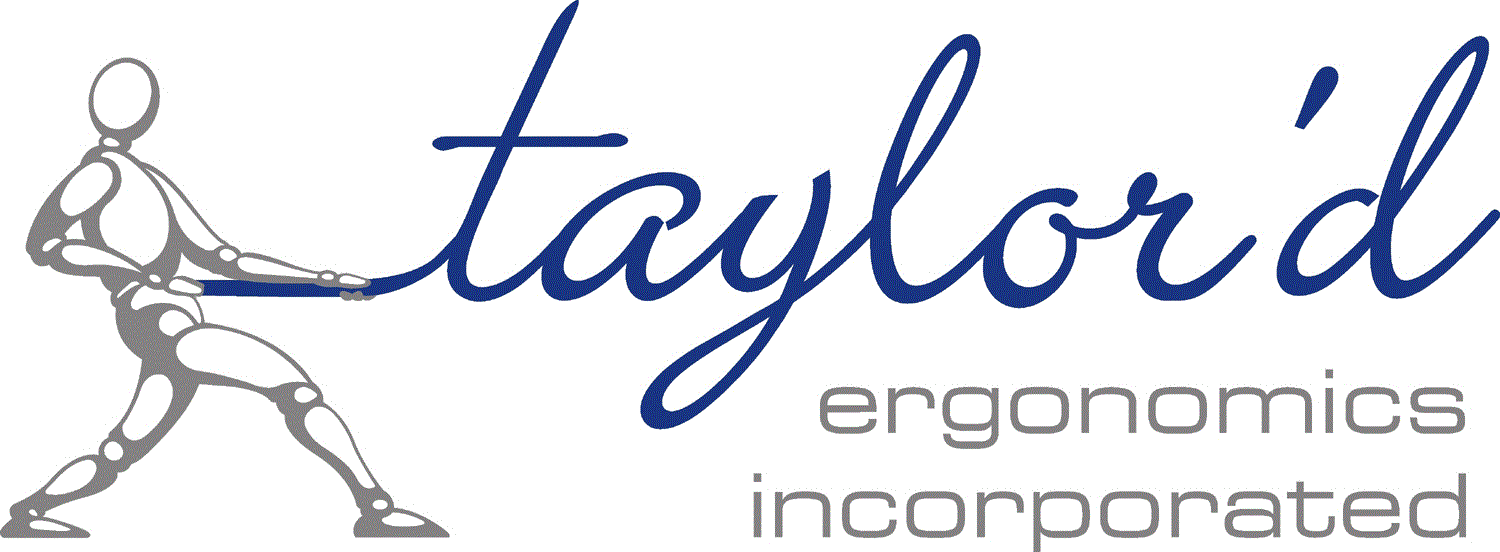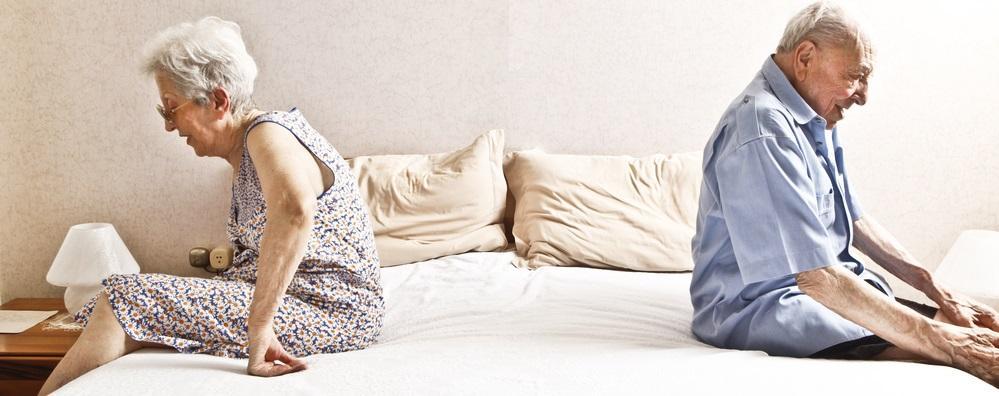When Grandpa has a heart attack, the focus is (and ought to be) on getting care for Grandpa, so he can return to the comfort of his home. When he leaves the hospital, health care providers such as Occupational Therapists (OTs) might provide recommendations for changes that will make his life easier (including, perhaps, hiring a professional caregiver). Personal Support Workers (PSWs) might provide services to help keep Grandpa comfortable and healthy. But who’s helping Grandma when the PSW is not there? Little 100-lb-soaking-wet Grandma helps Grandpa get to the washroom, get his clothes on, and transport him to the clinic for check-ups. The OT may have shown Grandma how to use the new devices s/he recommended for the washroom and for getting his socks on. It’s unlikely that anyone will help Grandma learn how to move a Grandpa-sized person between a wheelchair and a car. Both Grandma, and Grandpa, are at risk of injury, if she can’t physically do this safely.
Necessity is the “grand” mother of invention; devices have become available to make home care more feasible for people who might previously have needed to stay in hospital. For example, stand-assists devices can be plunked on Grandpa’s armchair to help him stand up, and poles can be installed to give him something sturdier than Grandma to pull on to get out of bed or bath. The OT’s role, as we understand it, is to evaluate Grandpa’s capabilities and offer suggestions that will help him to take care of himself, to the extent possible. The OT is very much focussed on Grandpa, and not so much on Grandma. Of course, anything that makes Grandpa more independent is going to reduce the strain on Grandma, but the fact is, Grandma is likely going to be doing heavier work than she’s accustomed to.
Grandmas are pretty smart – it takes wits to survive to grandma status! Grandma will find a way to get the job done. But just because Grandma has made supper for Grandpa for 50 years, doesn’t mean she has a clue how to get his pants pulled up if he can’t get out of bed. She hasn’t the skills or resources to assist a heavy man in transferring from the bed to a chair. Even if the OT has shown her, she probably hasn’t had an opportunity to practice transfer techniques in a safe environment, where she doesn’t have to worry about Grandpa falling. She might get training on how to use a heart monitor, and she might google “how to protect my health while taking care of someone else” (and come up with something helpful like this), but where can she go to learn how to physically help Grandpa without hurting herself? What suggestions would an ergonomist make, to help Grandma?
We recently attended a conference on Ergonomics in the Healthcare sector put on by CRE-MSD, where it was repeatedly pointed out that ergonomics support for those who provide care in people’s home is surprisingly scarce. A PSW who works in a senior’s residence might be trained to perform safe transfers. However, PSWs (and family home care providers) working in home environments are:
- less likely to get training (other than what they learned at college… which may have been 10 – 15 years ago!)
- more likely to work alone (making it more difficult to get help for a transfer), and
- face challenges as a result of inconsistent “home” environments. Beds don’t adjust in height, clearance around a bed or toilet can be very limited, flooring may be cluttered or slippery, stairs may be unavoidable….the challenges for home care providers are various and difficult to address.
Even if they were trained well once, how often is the importance and practice of safe transfers re-enforced for these workers? If Grandpa insists on having his entire collection of garden gnomes around his bed, a PSW is unlikely to argue, although clearly the gnomes are not helpful in any way. However, a paid PSW is in a better position to implore Grandpa to dispatch the gnomes than Grandma is; the PSW has 3 more clients to visit every day, and understands that s/he needs to take care of his/her back. Loved ones who provide care are perhaps less likely to complain, and more likely than paid professionals to focus exclusively on Grandpa’s needs and wishes, at the expense of their own health.
What to do? We have health care ergo experience, and we have experience (and education) in developing training. So we are interested in developing services that will assist home care providers (both professionals and loved ones) in ensuring that they can provide good care, without injuring themselves. After all, how much help will Grandma be able to provide to Grandpa if she is wigged out on muscle relaxants? We’re looking for a company or organization who shares our interest in providing this type of consulting service and training to home healthcare providers. (And if you are aware of a service or training that already exists, we’d like to hear about that too.) We hope that organisations that liaise with home care providers when loved ones are released from hospital might be interested in providing this type of service for the families charged with home care. Let us know if you have any ideas!


